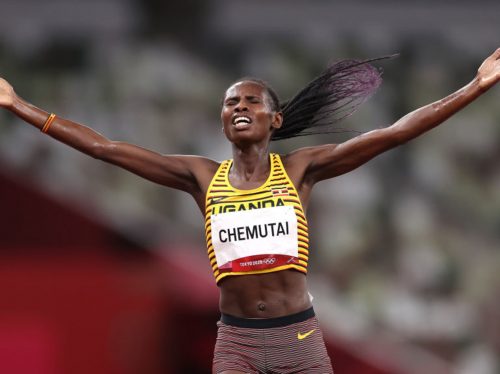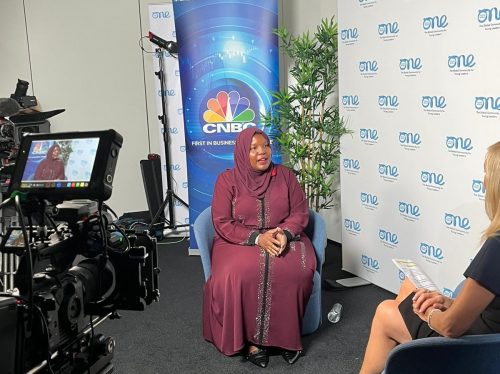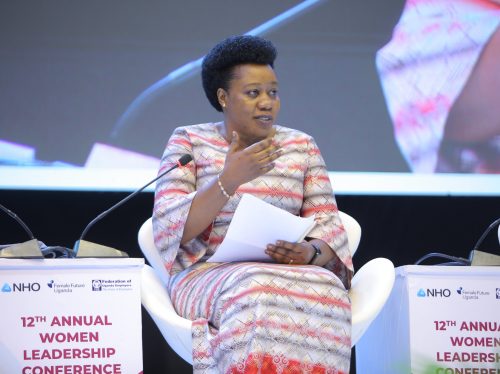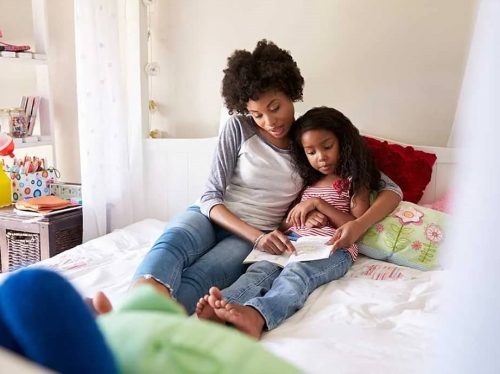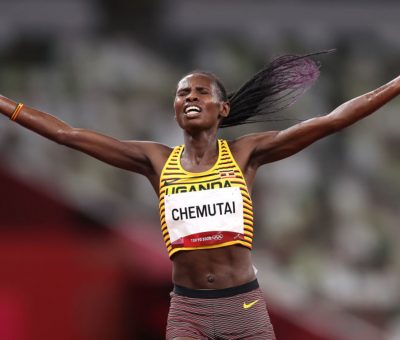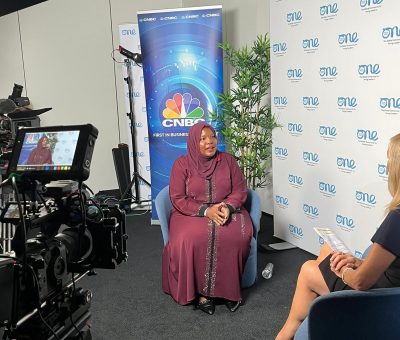- by admin
- in Business, Employment
Government empowers women by economic development through enterpreneurship
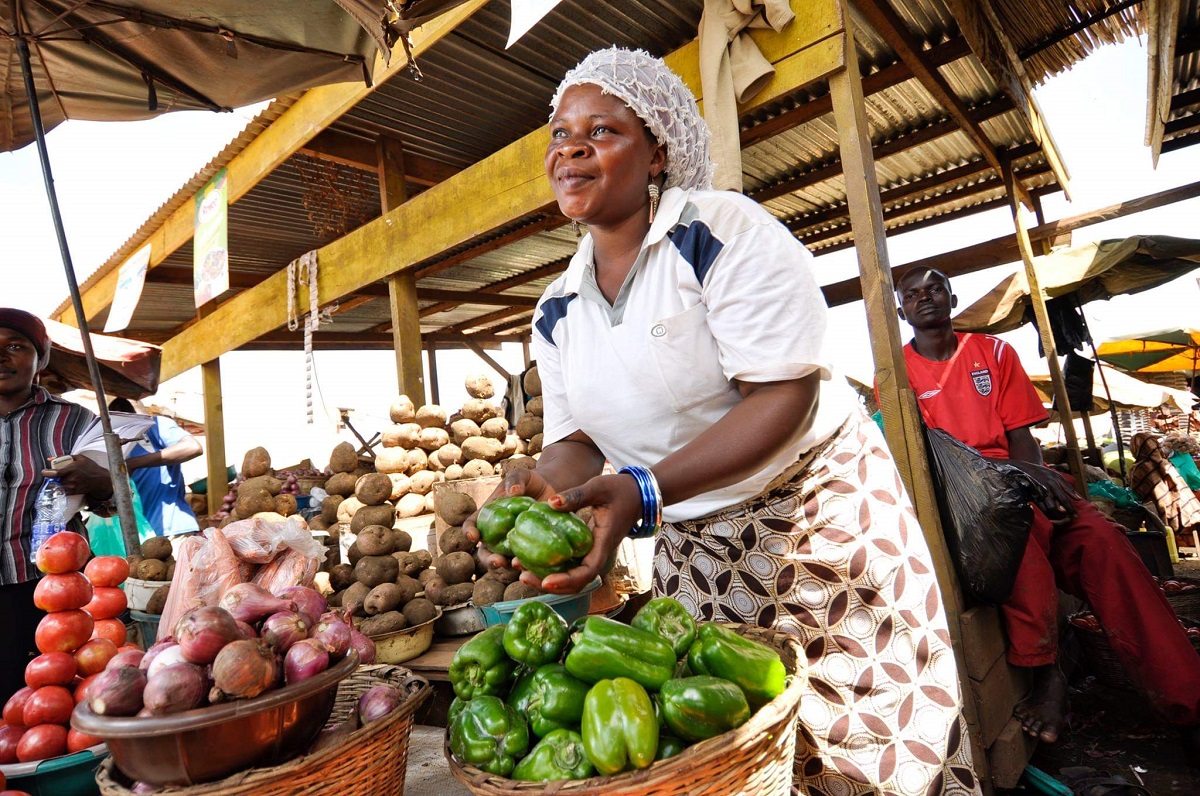
The Uganda Women Entrepreneurship Programme (UWEP) is an initiative by the Ugandan Government delivered through the Ministry of Gender, Labour and Social Development (MGLSD). The Programme addresses the challenges women face in undertaking economically viable enterprises including limited access to affordable credit, limited technical knowledge and skills for business development, limited access to markets as well as information regarding business opportunities.
Unlike other government initiatives such as Operation Wealth Creation and the Youth Livelihood Fund, UWEP focuses solely on women and improving their livelihood.
According to the gender ministry website, the initiative was designed to increase participation of women in business development, increase their incomes, livelihood security and overall quality of life. The primary target beneficiaries of the initiative are women within the age bracket of 18-65 years.
“The assumption is that those beyond 65 years will be catered for under the Social Assistance Grants for Empowerment of Elderly Persons (SAGE) Programme. Since the Youth Livelihood Programme (YLP) targets young women aged 18-30 years (the Programme guidelines stipulate that 30% of the Youth Interest Group members should be female), the female youth already benefiting from YLP are not considered as beneficiaries for UWEP,” reads an excerpt.
The programme’s components are capacity and skills development which takes up 15% of total funds allocation, Women Enterprise Fund taking up 70% of funds allocation and institutional support which accounts for the remaining 15% of the total funds allocation.
Some of the beneficiaries of the programme include unemployed women, widows, women with disabilities, slum dwellers and gender-based violence survivors amongst others.
Initially, in the financial year 2015/2016, the programme was rolled out in 19 District Local Governments and Kampala Capital City Authority (KCCA). However, the programme was expanded to all districts with individual budgets for each district and municipality in the financial year 2016/2017.
According to Ms Aceng Lily the secretary of a 15-member women group in Alebtong district, the 10 million shillings received under the UWEP program has greatly improved their financial status.
“We received funds from UWEP and we have so far remanded 4.5million shillings. We bought 15 cows with each member having one. We have planted cotton, sunflower, millet, maize and we are also rearing pigs,” she says.
She further reveals that domestic violence has also reduced in the area since women are now financially empowered.
“What used to cause the many cases of domestic violence is the lack of financial independence by most women but women can now buy necessities without the need to ask for money from their men,” says Aceng.
Motorcycles and printers were recently handed over to eight district local governments by the Ministry of Gender, Labour and Social Development to support implementation of the programme.
The districts include Karenga, Rwampara, Kazo, Pakwach, Madi-Okollo, Kasanda, Karaki and Kitagwenda which are all new districts that did not previously benefit.
While handing over the items, Minister of State for Gender in charge of Disability Affairs, Hellen Asamo pointed out that UWEP is one of the best performing programmes under the ministry. She noted that over 75% of the money lent to women under the programme has been recovered.
The programme guarantees interest free loans for the first year and a service fee of 5% per annum for the second and third years which covers inflation rates.
Ms Innocent Tushabe, the UWEP Programme assistant says women have been able to access credit to establish their businesses at zero interest and to also receive training to improve their business and manage them better under UWEP.
“The group approach has given women an opportunity to improve knowledge and skill through mentoring one another. The greater involvement of the women in mobilisation, sensitisation, prioritisation and planning for their needs, implementation and monitoring and evaluation of programme activities has created a sense of empowerment and confidence,” she says.
Since its inception, the programme has provided interest free credit of 96.1 billion shillings to 15,294 women projects in Uganda over a period of five years, with a total of 180,914 women benefiting by the end of the last financial year.


